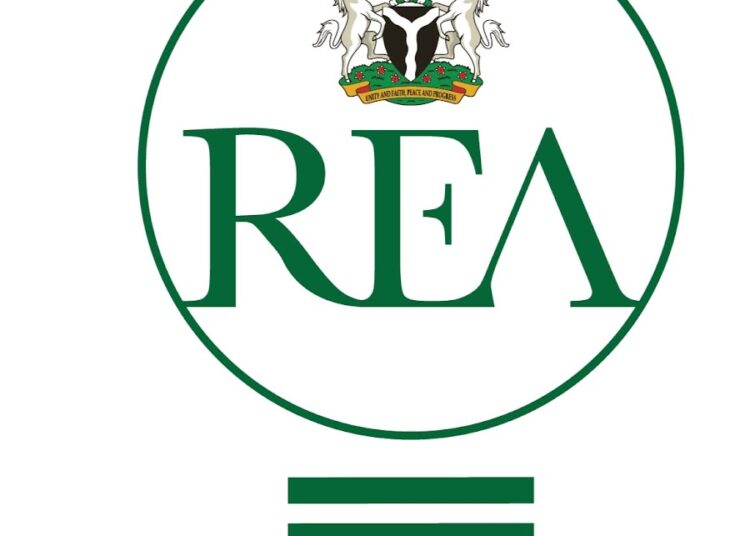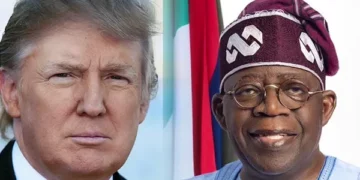The Rural Electrification Agency (REA) and state governments have signed renewable energy agreements worth $435 million with partners to advance electricity supply across the country.
The agreements were signed on Tuesday at the Nigeria Renewable Energy Innovation Forum (NREIF 2025) in Abuja, as the federal government seeks to establish Nigeria as a hub for renewable energy manufacturing in Africa.
Vice President Kashim Shettima, who delivered a keynote address at the forum, said Nigeria’s energy transition presented an investment opportunity of over $410 billion between now and 2060.
He explained that more than $23 billion was required to expand energy access and connect the millions of Nigerians who still live in energy poverty.
Shettima, however, noted that beyond access lay the government’s ambition to deliver a power system capable of 277 gigawatts of total installed capacity by 2060.
He said that from solar panel assembly lines in Lagos to battery recycling hubs along industrial corridors, Nigeria must not only participate in this revolution but lead it.
“This demands more than investment; it requires innovation, local capacity, and commitment. That is why the theme of this year’s forum is not only timely but indeed essential. Our commitment to a Nigeria-based industrial strategy calls on us to anchor the future of Africa’s renewable energy supply chains right here at home.
“The Federal Ministry of Power has demonstrated its readiness to steer Nigeria’s energy transition through progressive policies that lay the groundwork for a more decentralised, competitive, and inclusive electricity market.
“I must also commend the Rural Electrification Agency under the able leadership of the MD for translating these policies into tangible impact across our communities – illuminating homes, empowering small businesses, and transforming lives in areas once left behind,” he said.
Shettima stressed the need for development partners and original equipment manufacturers to localise technologies, strengthen value chains, and invest in skills and knowledge transfer.
According to the Vice President, the success of Nigeria’s energy transition will not be measured by policies or projections, but by the ability to transform ideas into practical solutions that guarantee availability, affordability, and sustainability for every Nigerian.
“Over the next two days, agreements will be signed, partnerships will be forged, and a national programme consolidated. I am pleased to announce that through the engagements facilitated under this forum, more than $400 million in new investment commitments have been mobilised into Nigeria’s renewable energy manufacturing value chain. This includes solar panels, smart meters, battery storage, and recycling facilities,” he added.
Under the deal, Ogun State signed agreements with Renew Power Limited and Tranos to deliver 500MW and 600MW, respectively.
Lagos State signed an agreement with Auxano Solar to deliver 150MW. The state also signed an agreement with Levene Photovoltaic Technologies Limited to deliver a world-class recycling plant with a capacity of 2,484 tonnes per annum.
The Akwa Ibom State government signed an agreement with Tricell Solar Solutions and IRS Green Energy to deliver 500MW and 600MW, respectively. Kano State also signed with Tricell Solar Solutions and IRS Green Energy Limited to provide 500MW and 600MW.
Bayelsa State, in partnership with Marine Logistics Limited, and the FCT in partnership with PVG Solar Limited, are expected to deliver 500MW.
The Rural Electrification Agency signed agreements with Suntisolar Energy Africa Solar Limited and Tsat Telecommunications Company Limited.
Commenting on the deals, Shettima said, “These investments are projected to create over 1,500 direct jobs across multiple states and reflect growing global confidence in Nigeria’s clean energy industrialisation drive.”
He also reaffirmed President Tinubu’s commitment to consolidating energy transition policies by enhancing incentives for local manufacturing, streamlining regulatory frameworks, and deepening collaboration with state governments, investors, and development partners.
He commended the Federal Ministry of Power and the Rural Electrification Agency for advancing decentralised, inclusive, and competitive energy policies that have brought electricity to underserved communities.
Speaking at the event, REA Managing Director, Engr Abba Aliyu, said the energy transition is accelerating, driven by advances in solar technology, battery storage, and digital energy systems. “Across the world, a lot is happening,” he noted.
He observed that nations are positioning their economies for a clean energy revolution.
Giving examples, he said: “In the United States, the Inflation Reduction Act has already catalysed over $1 trillion in new private clean energy investment, creating more than 400,000 jobs.
“In Europe, the Green Deal is mobilising at least one trillion euros in sustainable investment, with over 150 billion euros earmarked for net-zero manufacturing.
“In China, clean energy investment reached about $940 billion last year, adding over 350 gigawatts of new wind and solar capacity.”
He continued:
“Yet, at this moment, Africa cannot be left behind. Our continent holds nearly 60 per cent of the world’s best solar resources, but we attract less than 3 per cent of global renewable energy investment.
“The challenge before us, Your Excellency, is clear. We must convert this immense comparative advantage into competitive strength by building industries, nurturing innovation, and driving the kind of local value creation that secures our place in the clean energy economy for Nigeria.
“Our population is projected to exceed 250 million by 2030, with rising urbanisation, industrial demand, and digital infrastructure needs – from data centres to electric mobility – all requiring sustainable and reliable energy.”





